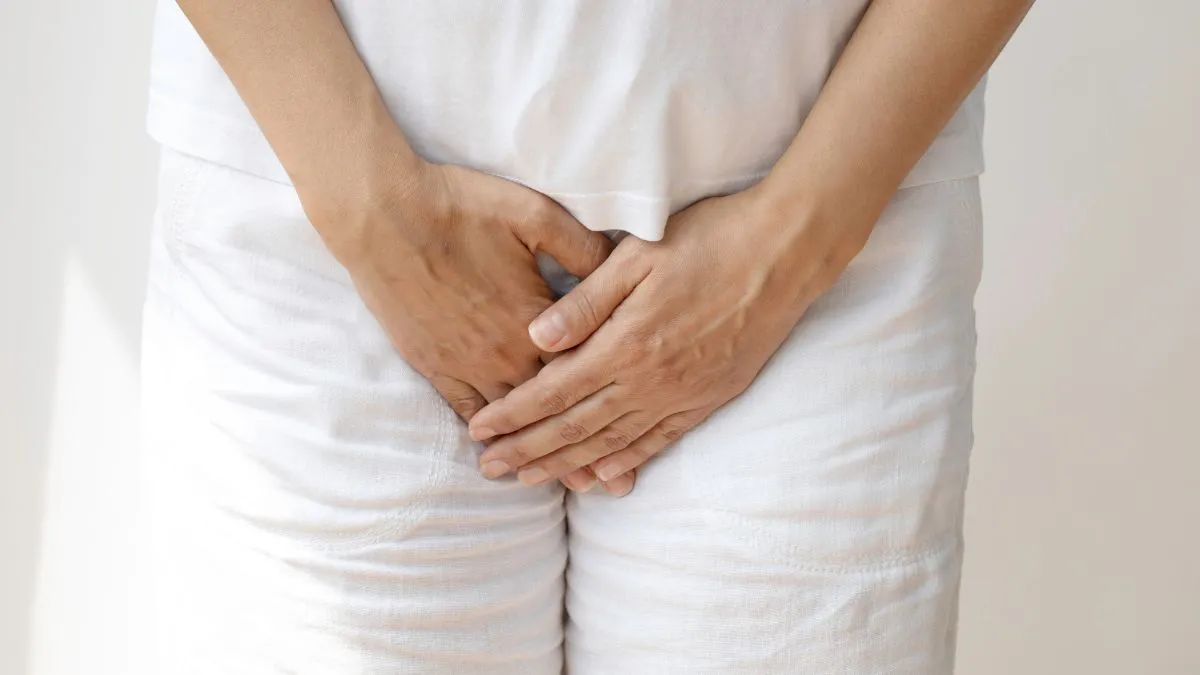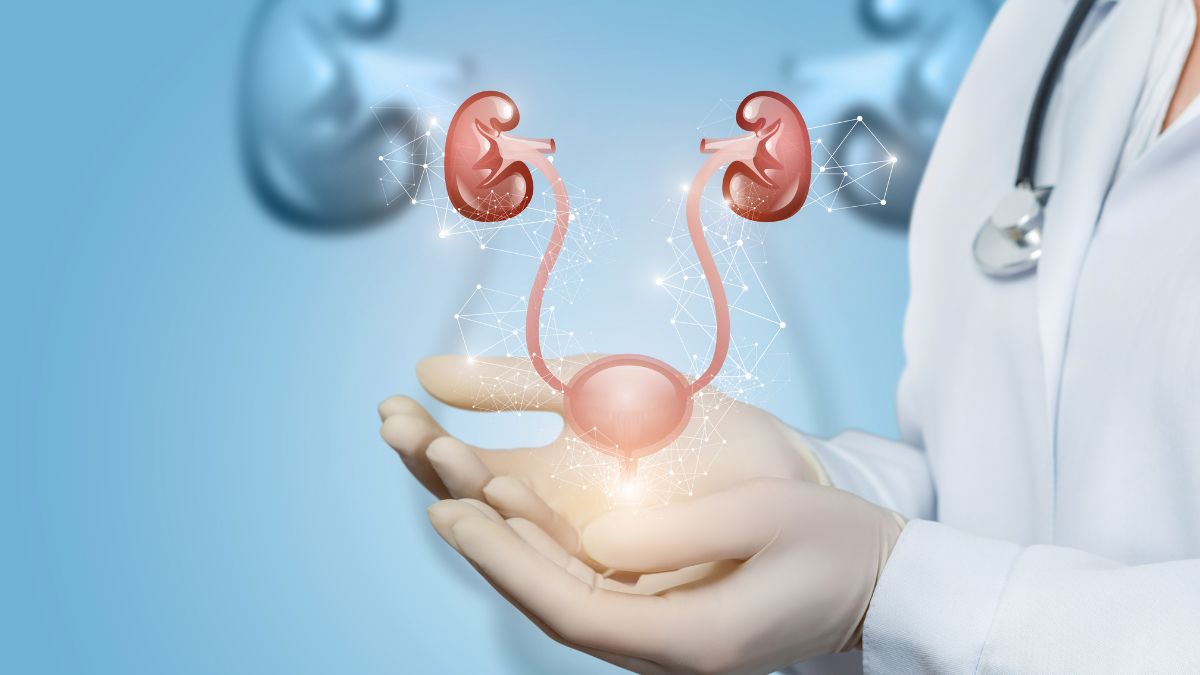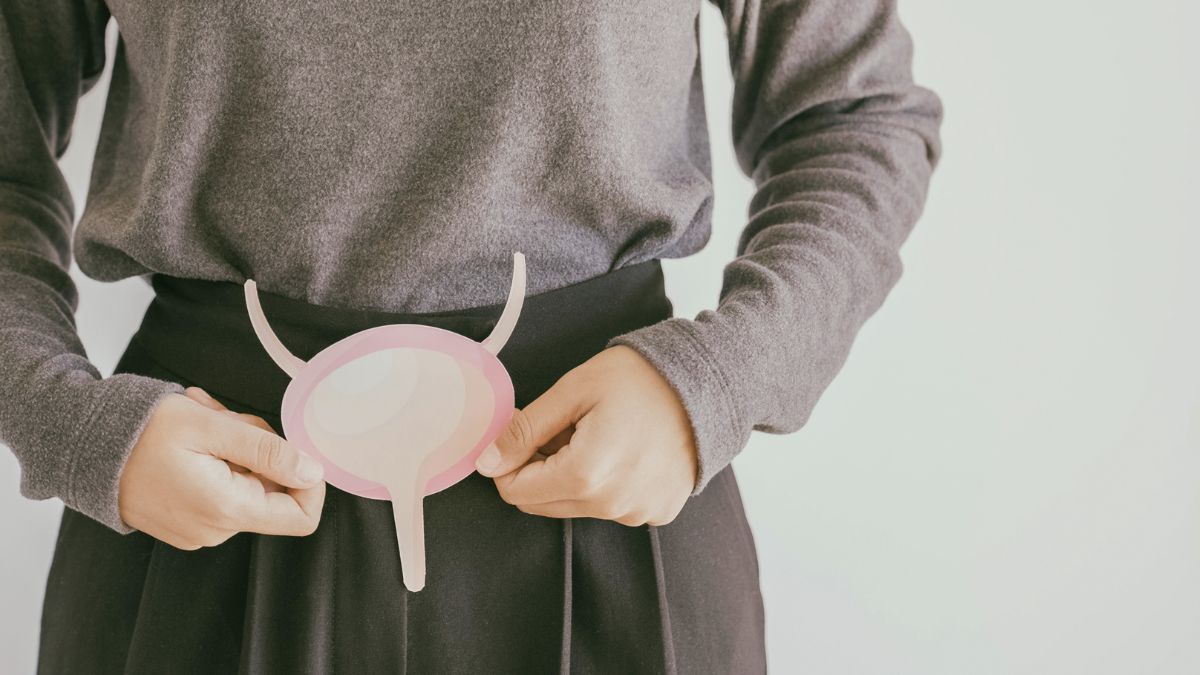
What Causes Urinary Incontinence After 50? Expert Tells Tips To Manage It
As we navigate the complexities of ageing, our bodies often throw us curveballs we didn't see coming. One such challenge that can creep up on us after 50 is urinary incontinence, a condition that can leave us feeling embarrassed, frustrated, and searching for answers. But what's behind this loss of bladder control, and more importantly, how can we take back control of our bodies? Let's dive into the causes and expert advice on managing urinary incontinence after 50 with insights from Dr Deepti Sureka, Consultant Female Urologist, Asian Institute of Nephrology and Urology Hyderabad.
Urinary Incontinence After 50: Causes and Management
Urinary incontinence is a condition that affects millions of people over the age of 50, affecting both men and women. Though more common with advancing age, urinary incontinence an involuntary leakage of urine is not an inevitable part of ageing. With the right diagnosis and management, it can be effectively treated.
Many patients suffer in silence due to embarrassment or the misconception that nothing can be done, however understanding the underlying causes is the first step towards effective treatment."

What Causes Urinary Incontinence After 50?
Dr Sureka shared some probable causes of urinary incontinence after 50.
Weakened Pelvic Floor Muscles
Age-related muscle weakening can affect the pelvic floor which is a group of muscles that support the bladder and help control urination. In women, menopause and childbirth can further contribute to this weakening.
Don't Miss: Can radiation from medical scans increase the risk for breast cancer? What you should know
1
2
3
4
Prostate Issues in Men
For men, an enlarged prostate (benign prostatic hyperplasia) can obstruct urine flow, leading to overflow incontinence or urgency incontinence. Prostate surgery may also sometimes affect bladder control temporarily.
Menopause and Hormonal Changes
In women, declining estrogen levels after menopause can thin the lining of the bladder and urethra, making them more sensitive and less elastic, which can lead to increased urgency and leakage.
Neurological Disorders
Conditions such as stroke, Parkinson’s disease, multiple sclerosis, or diabetic neuropathy can affect the nerves that control the bladder, leading to urge or overflow incontinence.
Obesity and Lifestyle Factors
Excess body weight increases pressure on the bladder, while a sedentary lifestyle, smoking, and poor fluid intake habits can also exacerbate symptoms.
Medications
“Certain medications such as diuretics, sedatives, or muscle relaxants can interfere with bladder control,” shared Dr Deepti.
Don't Miss: 3 Yoga Practices To Improve Blood Circulation
Urinary Tract Infections (UTIs)
Though more common in women, UTIs in older adults can cause sudden incontinence due to increased bladder irritation.
Types of Urinary Incontinence Common After 50
- Stress Incontinence: Leakage during coughing, sneezing, or lifting.
- Urgency Incontinence: Sudden, intense urge to urinate followed by involuntary leakage.
- Overflow Incontinence: Bladder doesn't empty properly, leading to dribbling.
- Mixed Incontinence: A combination of the above types.

How Can You Manage Urinary Incontinence?
Thankfully, urinary incontinence can be managed with a variety of non-surgical and surgical treatments, depending on the underlying cause.
1. Lifestyle and Behavioural Modifications
- Bladder Training: Scheduled urination can help train the bladder to hold urine longer.
- Pelvic Floor Exercises (Kegels): Regular pelvic floor strengthening exercises can significantly improve muscle tone and control.
- Dietary Changes: Reducing caffeine, alcohol, and carbonated drinks can help.
- Weight Management: Losing excess weight reduces pressure on the bladder.
2. Medications
Certain medications can help control an overactive bladder, reduce urgency, and improve bladder capacity. These are usually prescribed after thorough evaluation.
3. Medical Devices and Interventions
- Catheters: For overflow incontinence in specific cases.
- Botox Injections: Useful for overactive bladder in selected patients.
- Neuromodulation Devices: These stimulate nerves to improve bladder control.
4. Surgical Options
When conservative treatments fail, minimally invasive surgeries can offer long-term relief.
- Slings or Mesh Surgery: For stress incontinence, especially in women.
- Artificial Urinary Sphincter (AUS): Common in men after prostate surgery.
- Prostate Surgery or TURP: For men with significant prostate enlargement.
When to See a Urologist?
If urinary incontinence is affecting one's daily life, sleep, or emotional well-being, it’s time to consult a urologist. Early diagnosis and appropriate treatment can greatly improve your condition and confidence.
“Urinary incontinence is not just a medical issue; it’s an issue related to quality of life. With growing awareness and advanced treatments, patients over 50 no longer have to suffer in silence. A comprehensive urological evaluation can help pinpoint the cause and guide personalised treatment," shared the expert.
Don't Miss: When Your Heart Skips A Beat: It's Not Love, But Something As Serious As Arrhythmia; Know More
If you liked this story, then please share it. To read more such stories, stay connected to HerZindagi.
Image Credits: Canva
Herzindagi video
1
2
3
4